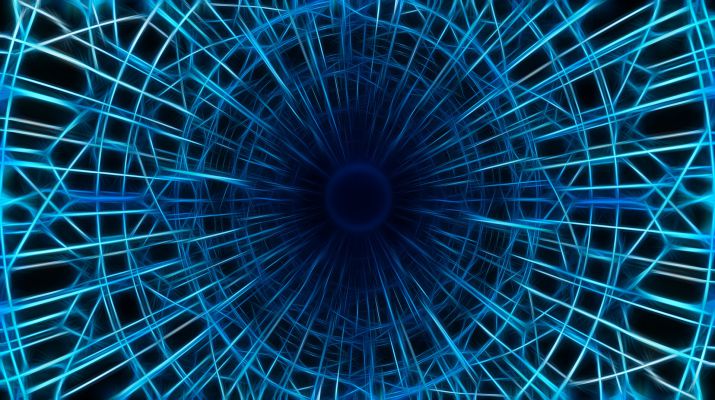
Experts from the Institute of Physics at the Czech Academy of Sciences recently made headlines with groundbreaking research in which they uncovered a method for data entry and storage in computing that is considerably faster than what is available at present. The team was able to prove that Spintronics based on antiferromagnets could enter data 1000 times faster than in common memory media. Their findings made a splash within the scientific community and it's easy to see why: it has the potential to fundamentally change computing years down the line. Not least in the area of AI research, if a neuromorphic hardware component is achieved, Radio Praha's Jan Velinger wrote.
He spoke to Tomáš Jungwirth, the head of the Department of Spintronics and Nanoelectronics at the Academy of Science's Institute of Physics about the findings. He began by explaining how classic Spintronic devices have operated until now and disucssed how things could change moving forward.
"Although the term 'spintronics' is newer, spintronics devices have already been in mass production for decades: sensors in hard drives, hard drives of course allowing things like the Internet and virtually unlimited storage of data. And in hard drives you can see the difference between classic sensors and spintronics ones.
"Classical sensors which used to be hard drives two or three decades ago are just coils, just electromagnets, while in spintronics we rely on the smallest devices we have available in microelectronics, which are the spins of electrons, tiny coils if you will which are embedded in every elementary particle which is the electron. From a physics point of view, spintronics represents a complete shift in the paradigm because man-made coils - electromagnets - are of course bulky and large and the bits that they can sense have to be large."
>> Read full article by Radio Praha.